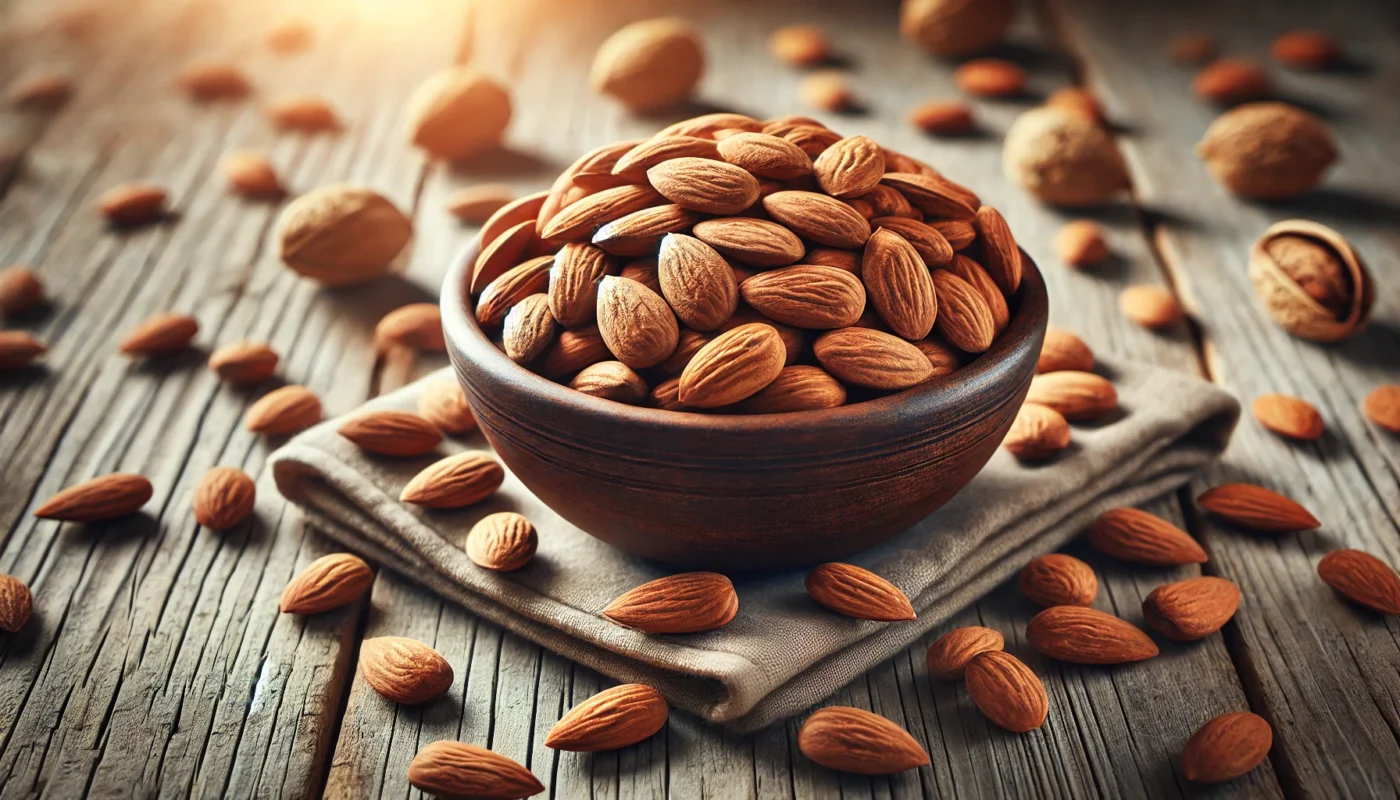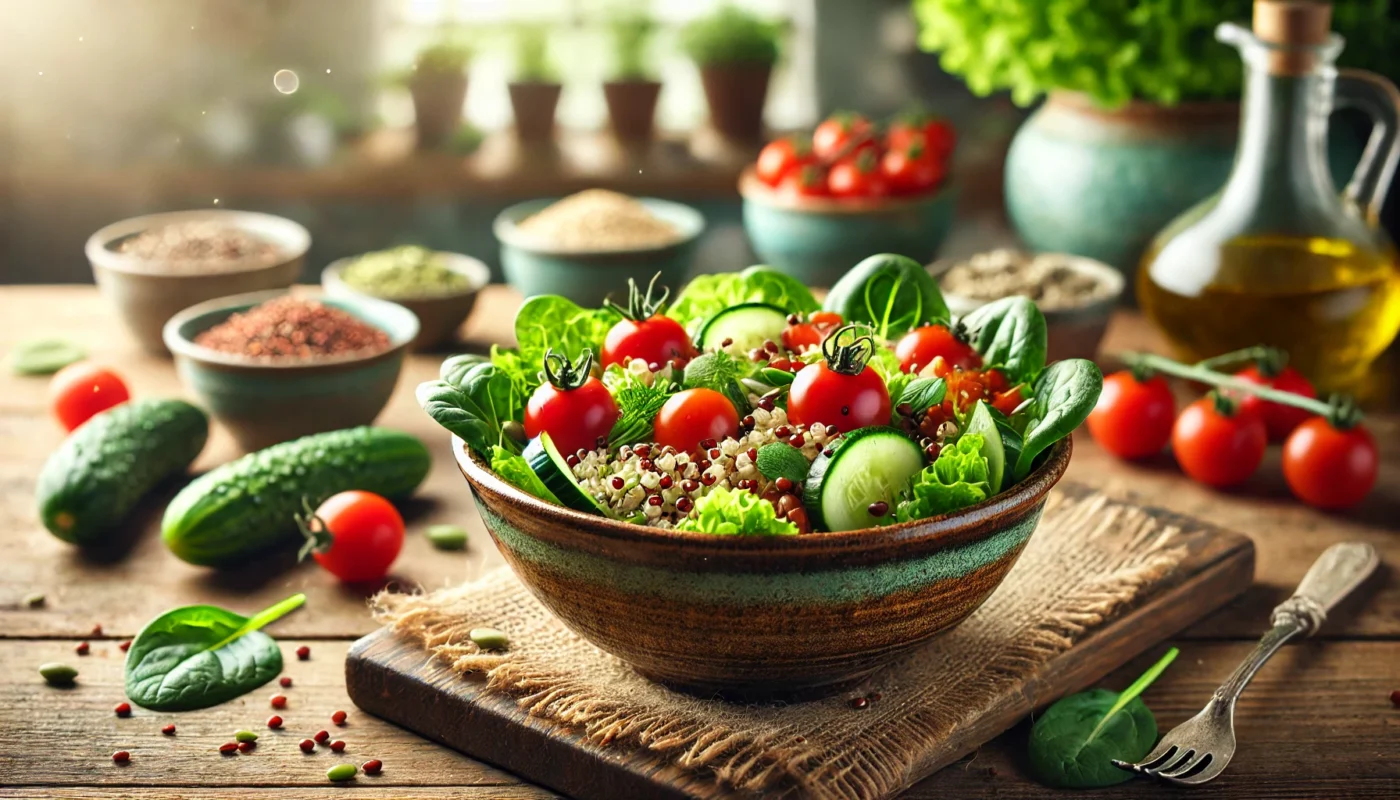Chronic inflammation is a persistent, low-grade immune response that plays a central role in the development of numerous health conditions, including cardiovascular disease, diabetes, arthritis, and neurodegenerative disorders. While acute inflammation is a natural and necessary part of the body’s healing process, chronic inflammation can be harmful and is often linked to poor lifestyle habits, […]
Tag Archives: chronic inflammation
Endometriosis is a chronic gynecological condition affecting approximately 10% of women of reproductive age. Characterized by the growth of endometrial-like tissue outside the uterus, endometriosis can cause debilitating pain, irregular periods, infertility, and a host of other physical and emotional challenges. While treatment options often include hormonal therapies and surgery, growing interest in nutritional strategies […]
Inflammation is a natural process that occurs in the body as a response to injury or infection. It is a crucial part of the body’s immune response, designed to protect us by eliminating harmful stimuli and initiating the healing process. This acute inflammation is generally beneficial and self-limiting, resolving as the body heals.
Inflammation is a natural response by your body’s immune system to fight off harmful stimuli such as pathogens, damaged cells, or irritants. It’s an essential process that promotes healing. However, when inflammation becomes chronic, it can lead to a host of health complications, impacting quality of life.
Inflammation is a natural response of our bodies to injury or illness. However, when it becomes chronic, it can lead to serious health issues.
Enter the role of an anti-inflammatory nutritionist. These professionals guide us in using diet to manage inflammation.
But what does an anti-inflammatory diet look like? And how can it impact our health, including the health of our skin?
This article aims to answer these questions. We’ll delve into the science behind inflammation and its connection to diet.
We’ll explore the role of an anti-inflammatory nutritionist. We’ll also discuss how chronic inflammation can affect skin health and appearance.
We’ll provide practical tips for implementing an anti-inflammatory diet. These tips are based on advice from experienced nutritionists.
Whether you’re a fitness enthusiast, a health enthusiast, or a medical patient, this guide is for you. Let’s embark on this journey towards better health through nutrition.
Inflammation is a natural response of our bodies. It’s a defense mechanism against injuries, infections, and toxins. But when it becomes chronic, it can lead to serious health issues.
Understanding how to manage inflammation is crucial. One effective way is through our diet. Certain foods have properties that can help reduce inflammation in the body.
This article will guide you through the top 20 anti-inflammatory foods. These are foods that are not only delicious but also packed with nutrients that can help combat inflammation.
We’ll delve into the science behind these foods. We’ll explore how they work to reduce inflammation and the research that supports their benefits.
But it’s not just about what to eat. It’s also about what to avoid. We’ll identify common inflammatory foods that you might want to limit or eliminate from your diet.
We’ll provide practical tips on how to incorporate these anti-inflammatory foods into your meals. From breakfast to dinner, we’ll help you craft a diet that supports your health and wellbeing.
We’ll also discuss the role of lifestyle factors. Exercise, stress management, and sleep can all influence inflammation levels in the body.
Supplements can also play a role in managing inflammation. We’ll discuss when they might be beneficial and how to use them safely.
Finally, we’ll emphasize the importance of personalizing your approach. Everyone is unique, and what works for one person may not work for another.
Whether you’re a fitness enthusiast, a health enthusiast, or a medical patient, this guide is for you. It’s a comprehensive resource for anyone looking to understand and apply the principles of an anti-inflammatory diet.






